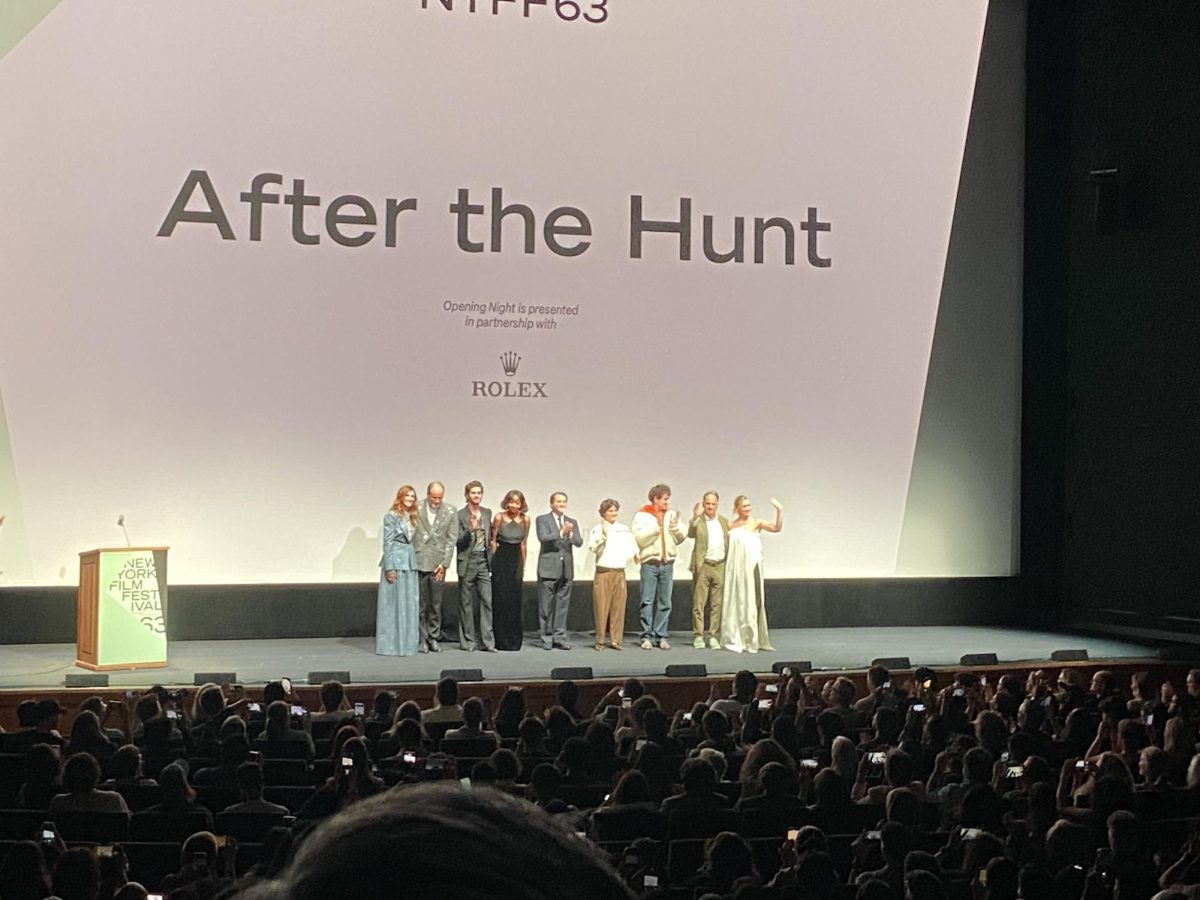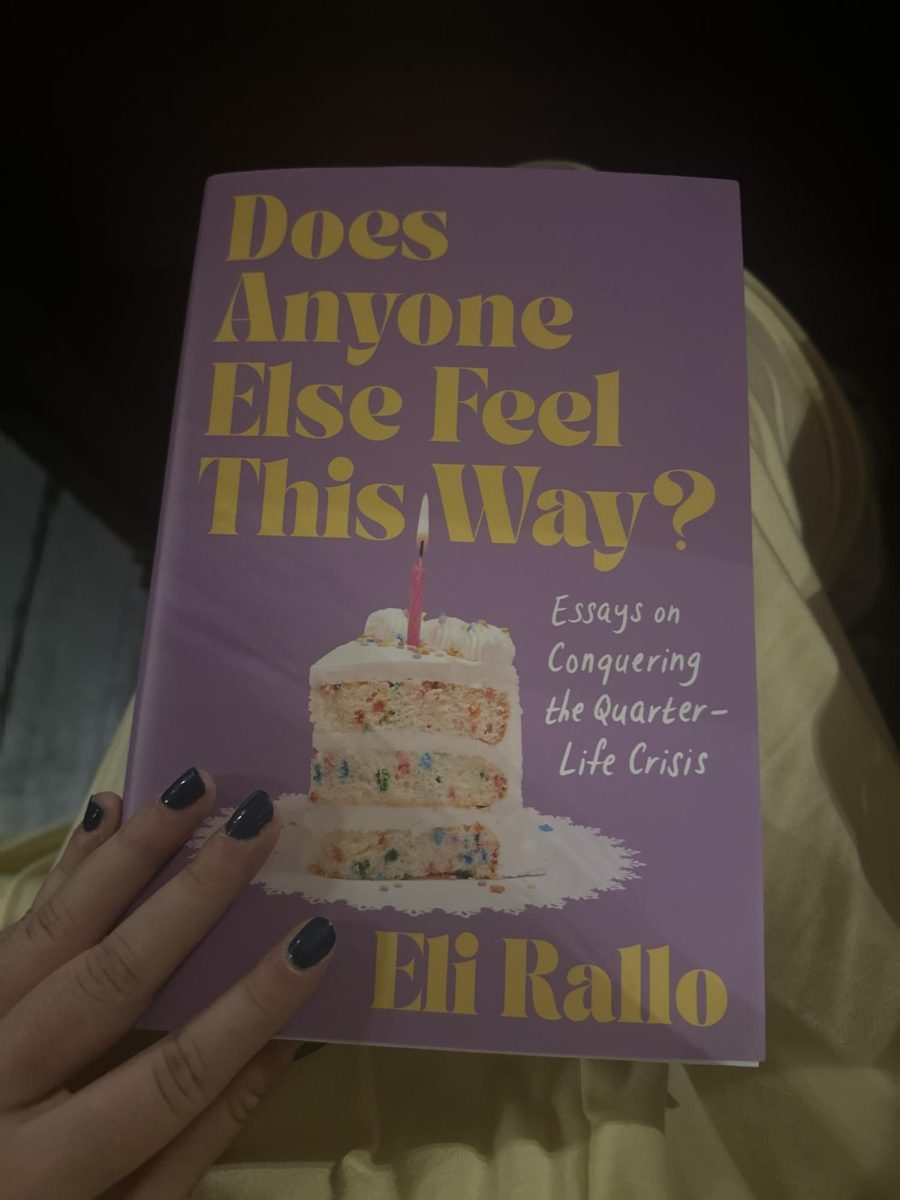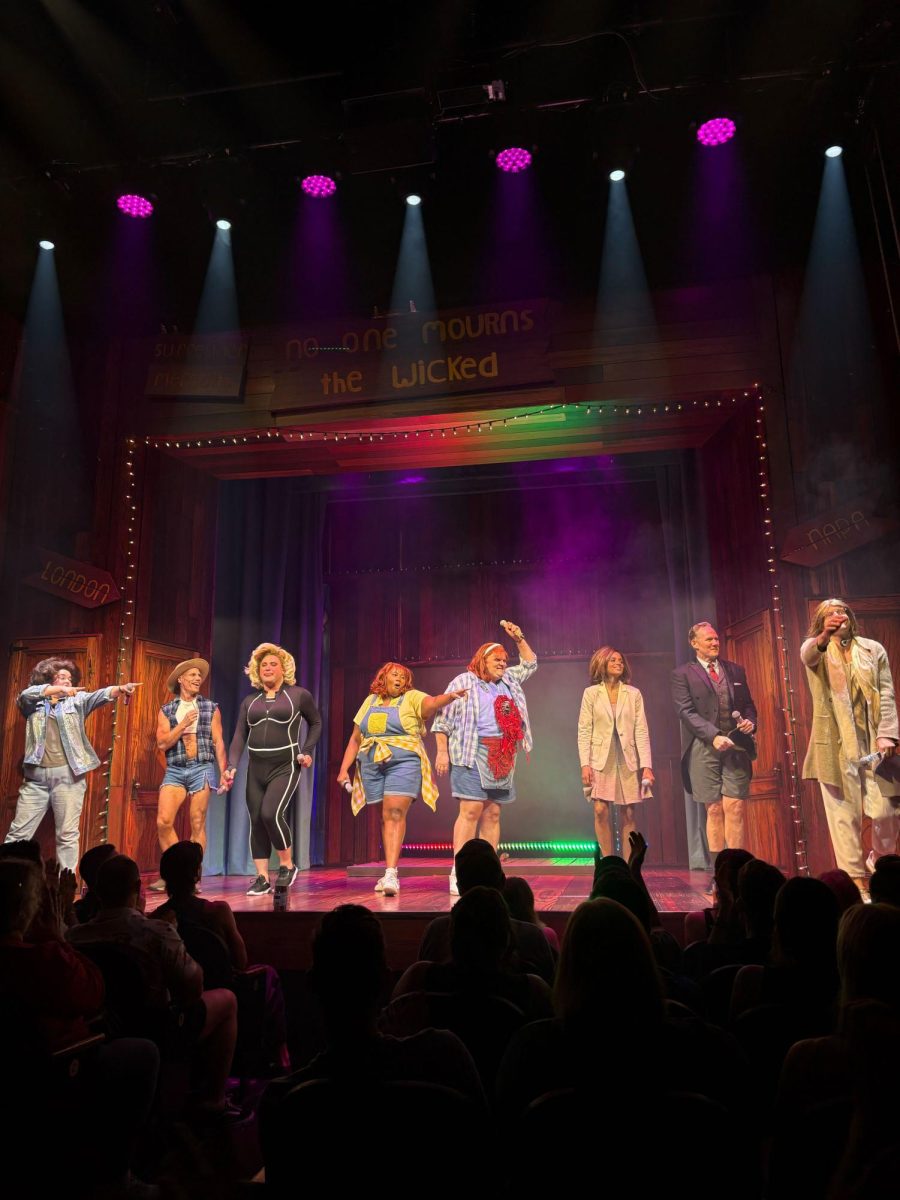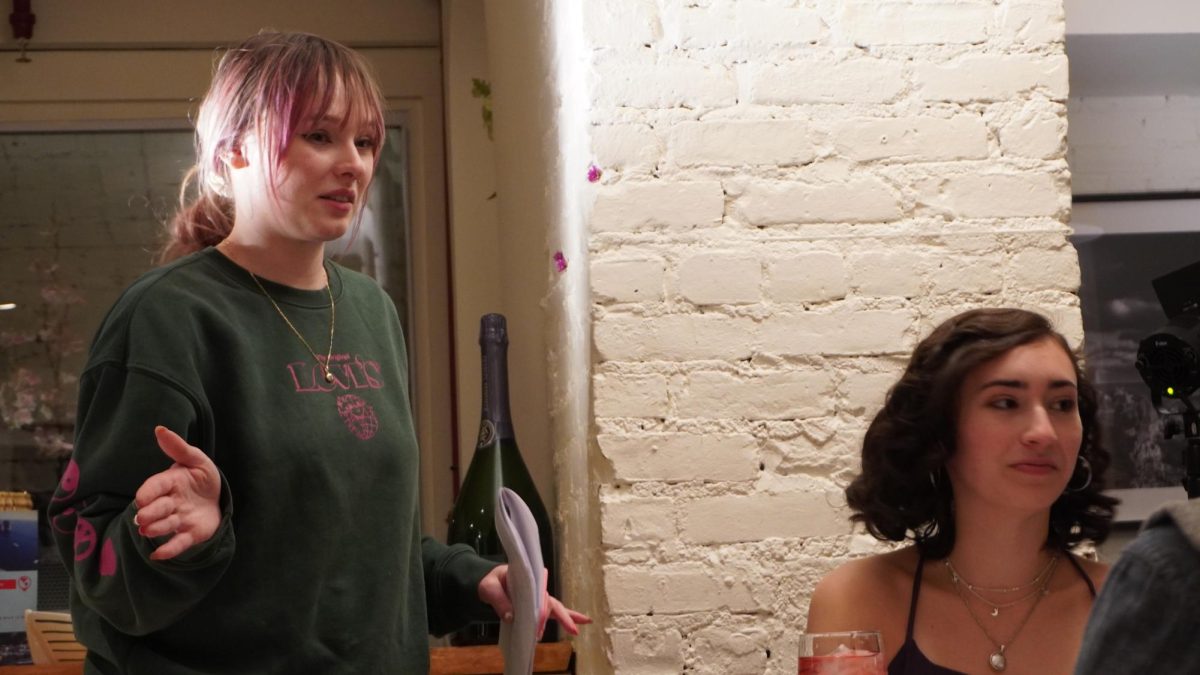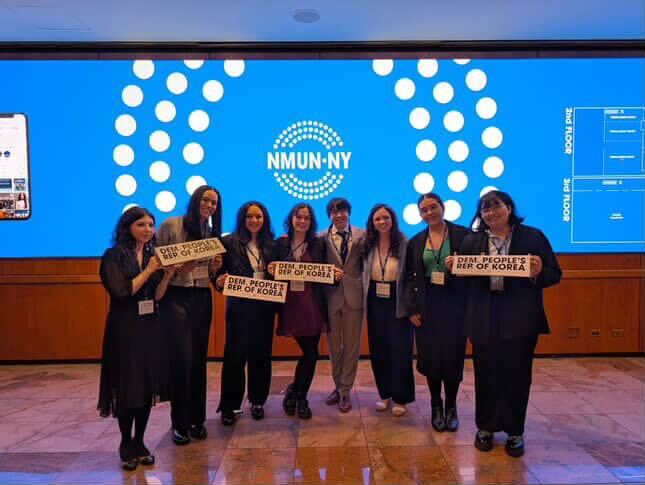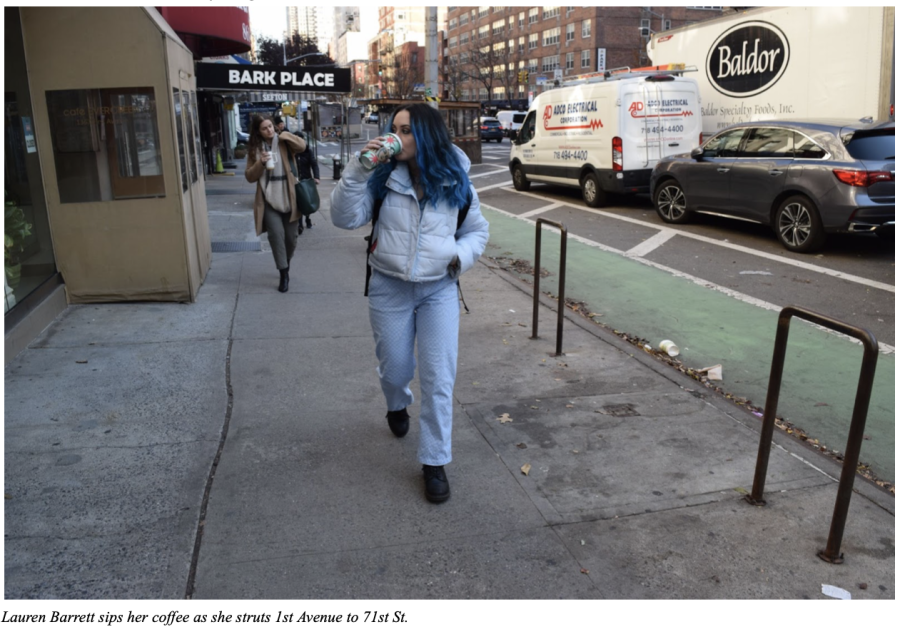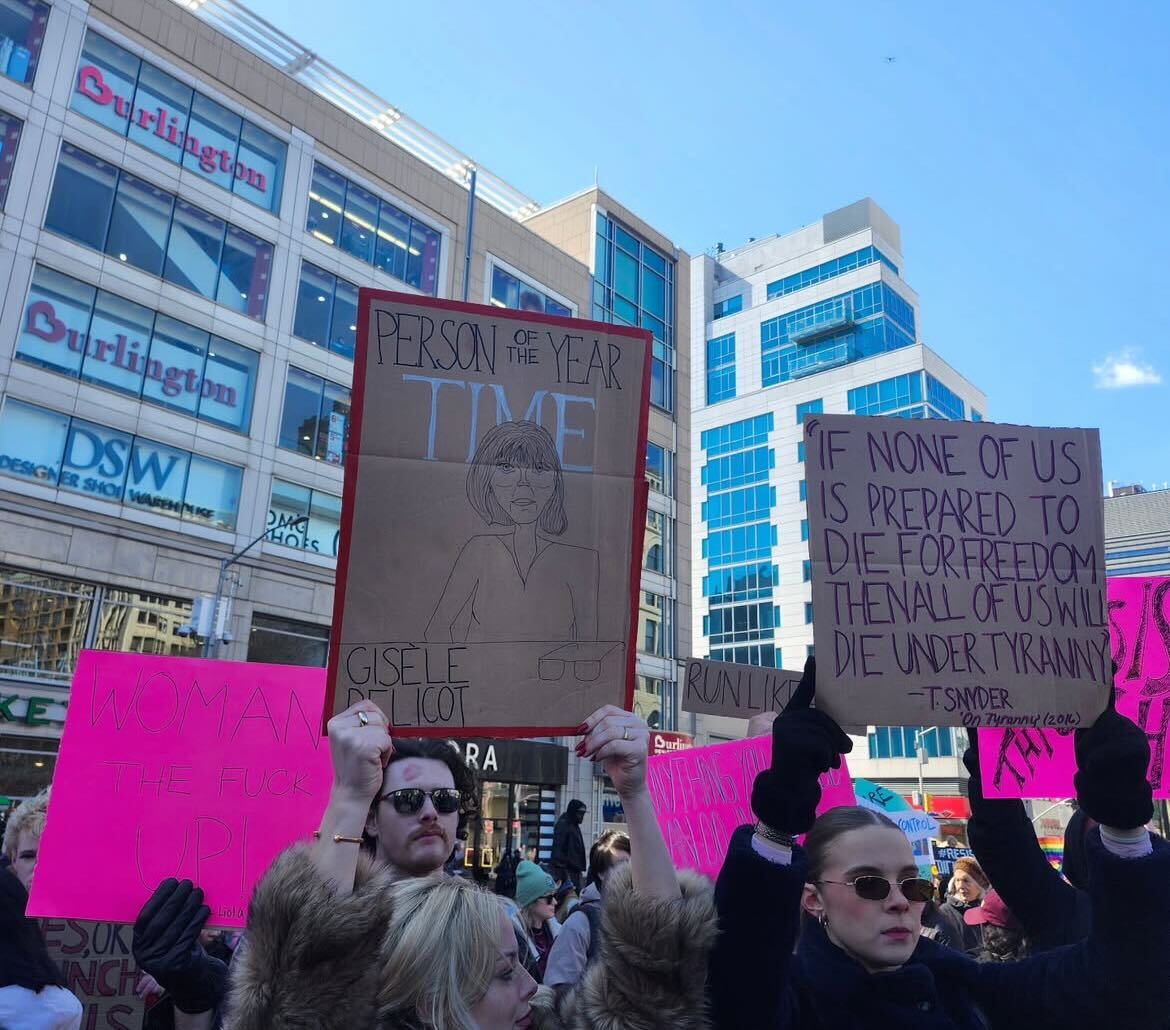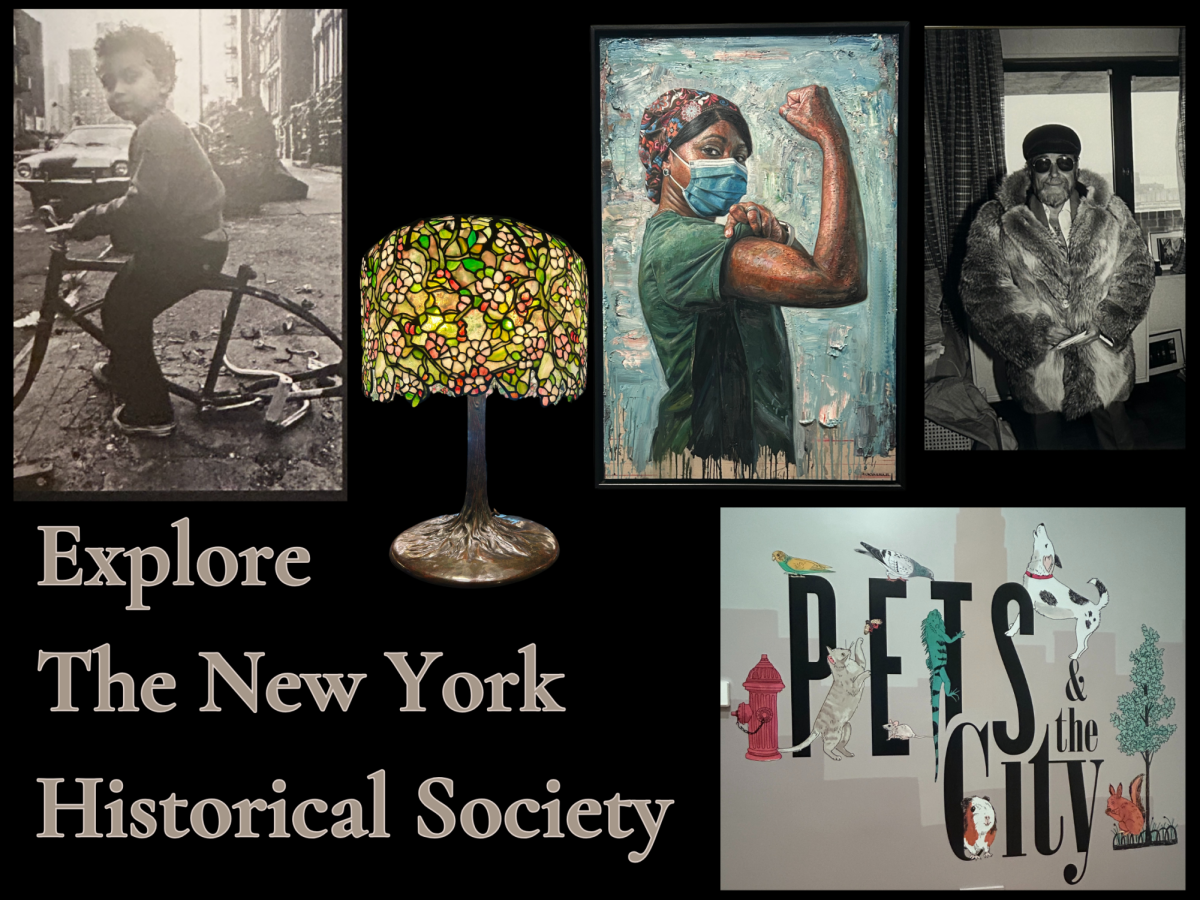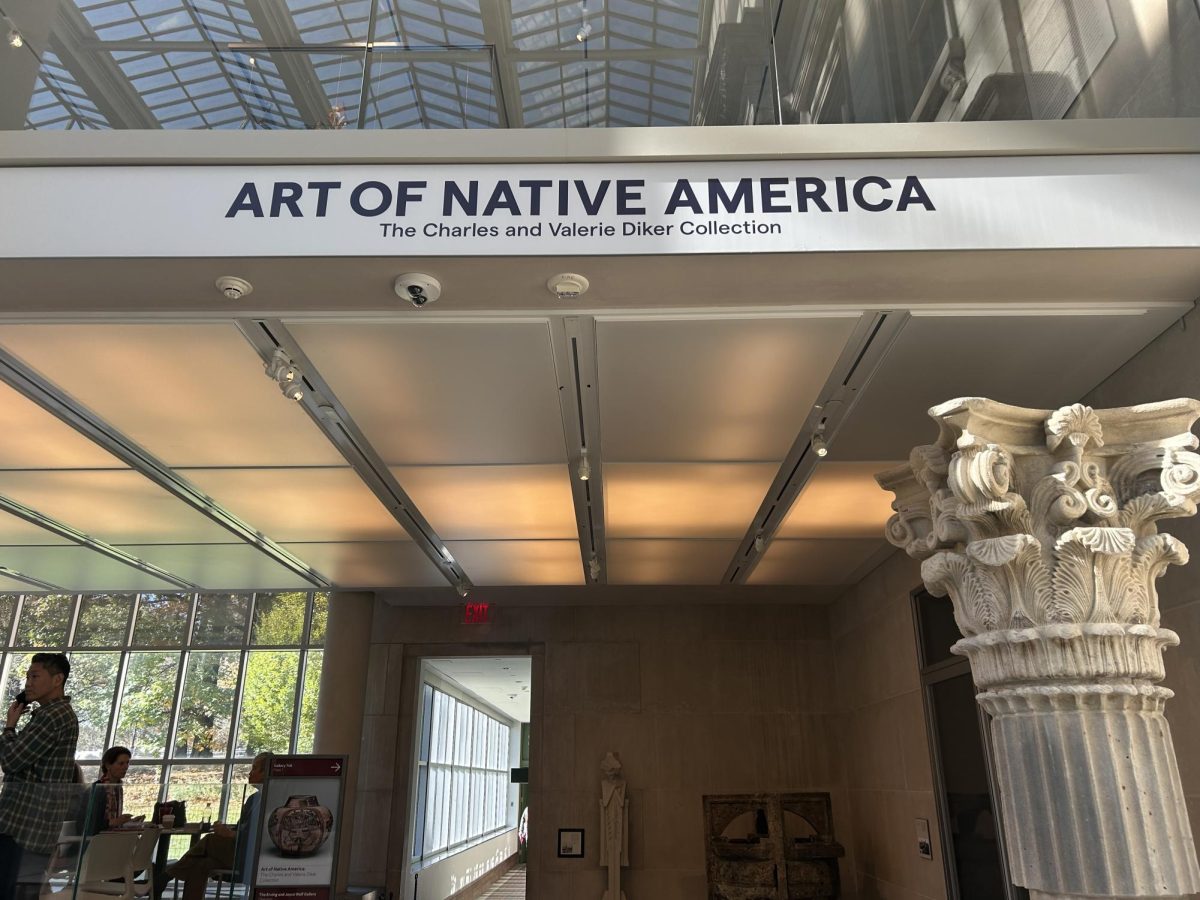Friday at the Lincoln Center brought the premiere of director Luca Guadagnino’s latest feat, After the Hunt, to the 63rd annual New York Film Festival. The film seats itself with a panopticon view of the intersection of class, gender, and racial privilege. It centers an accusation of sexual abuse, bringing with it a question that many are afraid to discuss—how can we ever know what’s true?
The question goes intentionally unanswered by the performances of the film’s accomplished cast members. Each character takes actions that further and further tangle audience opinion, challenging our preconceived notions of how a good person behaves, and if good people even exist.
For as long as theater has existed, actors have faced backlash for playing a character that the audience dislikes. As such, playing characters with immoral qualities can be daunting for beginners. The experienced performers of After the Hunt were made to contend with immoral characters of their own. In an interview on Saturday, the stars of the film took the time to discuss how it felt to play characters who may not be in the right.
“It was something that Luca and I talked about so much,” Julia Roberts said. “The performative nature of Alma as a person and as a professor… I’m a much more wide open, frank person and to deal with posturing at all times is so exhausting. To perform it and to keep track of all that was really an immense challenge for me as an actor… It was nice to go home and just pack that away and go to bed.”
Roberts highlights the bond between actor and director. It’s something Andrew Garfield expands on when asked for his take on playing a character that infringed on his own moral compass. In the film, Garfield took on the role of Hank Gibson, the esteemed Yale professor who insists he faces a false accusation. It’s a complicated and provocative role.
To Garfield, Guadagnino’s care for his actors allows the director to pull performances out of them that “expand their range and repertoire,” leading him to appreciate his role.
“I relish the opportunity to jump into this with (Luca) and to this character knowing it was quite scary,” Garfield said. “I just really trust him as a filmmaker.”
Finally, the cast looked to Michael Stuhlbarg for his wisdom. With a career spanning from Shakespeare in the Park to television, Stuhlbarg has been the star of standout films like Call Me by Your Name and A Serious Man. The actor closed his eyes, seeming to channel the oracle.
“We take the information that’s given to us and we shape lives from that. I’m not sure if we’re seeking empathy, even if our characters are doing something that we might find disagreeable,” Stuhlbarg said. “I think the idea of loving your character tends to happen most often—unless the character that you’re playing is so repugnant that it’s a huge step out of your comfort zone. You let the chips kind of fall where they may.”
The cast agreed.
Stuhlbarg’s prophecy encourages performers to find their connection to a character regardless of likeability. His idea of inevitably loving flawed characters points to one of the strengths of a great performer: connection.
Unlikeable characters present a challenge for actors in the form of public opinion. Despite the pressure, it was a challenge that the stars of After the Hunt faced head on. The lesson for novices and newcomers is this: do not shy away from the discomfort. Take your cue from these greats, and lean in.
Note: Quotes have been edited for clarity.

